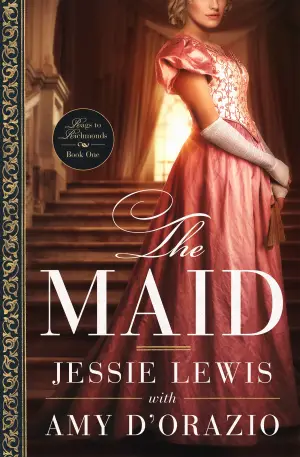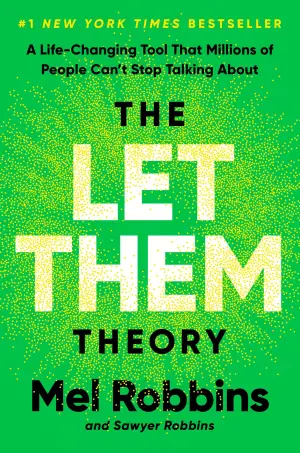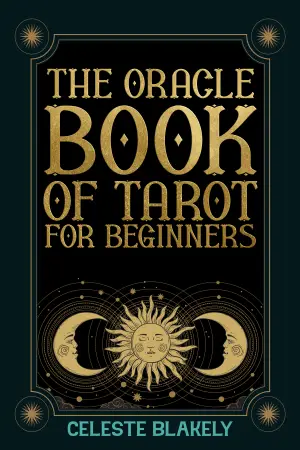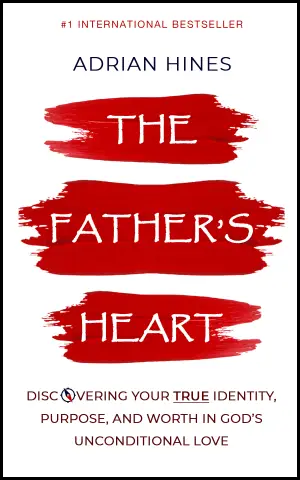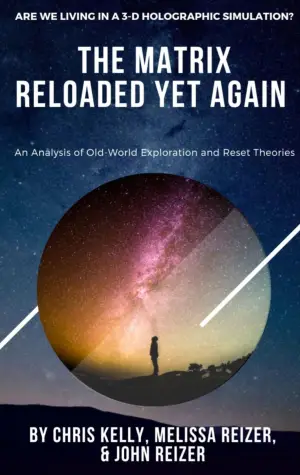Personal Reflection on The Underground Railroad
Colson Whitehead’s The Underground Railroad sat on my reading list for far too long, partly due to my apprehension about Pulitzer Prize winners. The buzz surrounding it created a layer of expectation that made me skeptical—especially considering the heavy topics of slavery, trauma, and the complexity of race. If I’m being honest, I was dreading the emotional toll such a book might take on me. But as I finally sipped my coffee, ready to dive in, something propelled me to confront the fears I’d harbored. Perhaps it was the need to witness how stories of resilience and human dignity can emerge from the darkest places.
Themes, Characters, and Plot Elements
Cora, the protagonist, is a slave on a Georgia plantation whose journey through the Underground Railroad reflects both literal and metaphorical escapes from the shackles of her existence. Whitehead’s portrayal is gritty yet poetic, capturing the essence of survival amid unspeakable horrors. He presents characters as instruments of larger themes—focusing less on individual inner lives and more on the systemic nature of oppression.
While some might argue that Cora lacks personality, I found it fascinating how Whitehead uses her to personify the collective struggle of enslaved African Americans. Her plight is a powerful narrative thread, underlining the book’s broader commentary on race and the human condition.
Writing Style and Pacing
Whitehead’s writing is a striking blend of lyrical beauty and brutal honesty. Lines like, “No chains fastened Cora’s misfortunes to her character or actions,” linger in your mind long after you’ve closed the book. His ability to link poetic imagery with profound truths makes the read both engaging and unsettling; it forces the reader to confront the reality of slavery without sugarcoating it. Sure, there were moments where the philosophical musings felt repetitive, but they also served as a stark reminder of the cyclical nature of history.
Notable Highlights
One passage struck me deeply: “The white men were silent. As if they’d given up or decided that a small freedom was the worst punishment of all, presenting the bounty of true freedom into painful relief.” It’s a bittersweet reflection, capturing the nuances of freedom and its complex ramifications. Such lines evoked both dread and awe, emphasizing the weight of history upon the present.
Conclusion
Despite its flaws—like a lack of deeply developed characters and moments that felt a bit too heavy-handed—The Underground Railroad remains a vital read for anyone seeking to engage with the history of America. Whitehead’s narrative, though not entirely character-driven, serves as a poignant reminder of the resilience of the human spirit. This novel isn’t for the faint of heart. It’s for those willing to wrestle with difficult truths, eager to understand the complexities of race and humanity.
This book may resonate with history enthusiasts, readers of literary fiction, or anyone drawn to stories of resilience in the face of despair. It’s not just literature; it’s a wake-up call, challenging us to reflect on our values and the world around us. I walked away feeling both educated and shaken, a testament to the power of storytelling in navigating even the darkest chapters of our history.
Discover more about The Underground Railroad on GoodReads >>


